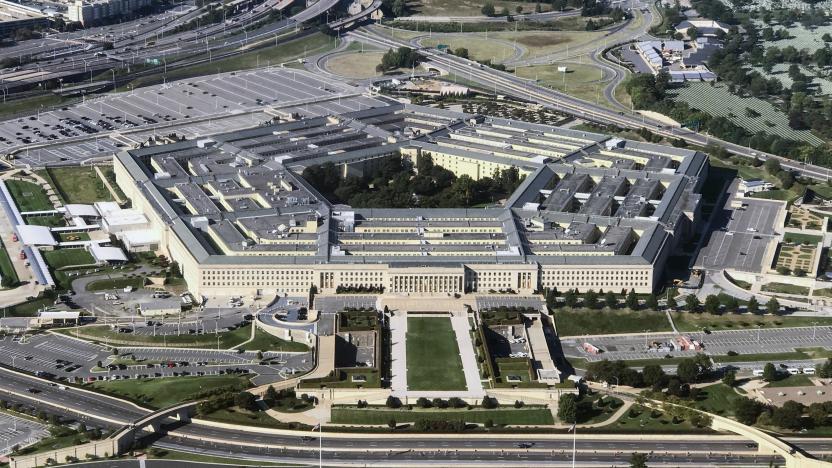warrantless
Latest

The Pentagon is tracking US citizens without a warrant, Senator says
The Pentagon may be using commercial data to track Americans without due legal process, according to a letter from Senator Ron Wyden.

Secret Service bought location data pulled from common apps
The US Secret Service paid a private company for access to location data generated by common smartphone apps.

House amendment would require warrants for web history searches
Congresswoman Zoe Lofgren announced an amendment that would prohibit the collection of Americans’ internet search history and web browsing data without a warrant.

Warrantless searches of Americans’ data spiked 28 percent in 2018
An annual transparency report published by the Office of the Director of National Intelligence shows warrantless searches of Americans' data jumped 28 percent in 2018. According to the report, the National Security Agency (NSA) conducted 9,637 warrantless search queries of Americans' calls, texts, and emails in 2018. That's up from 7,512 searches in 2017, and it's more than double the 4,672 warrantless searches the NSA made in 2015.

Warrantless data searches narrowly miss Senate approval
A Senate amendment that would have allowed the FBI to search a suspect's phone and online records without a court order came very close to becoming a reality today. The legislation, introduced by Senators John McCain (R-AZ) and Richard Burr (R-NC) in the wake of the recent mass shooting in Orlando, missed the necessary 60 votes it needed to pass by just two votes.

House passes amendment to cut NSA's 'backdoor search' funding
Following a push from several Representatives, the House has pushed through an amendment -- tagged on to the Fiscal Year 2015 Department of Defense Appropriations Act (H.R. 4870) -- to stop at least some of the surveillance programs at the National Security Agency. Mark Rumold, a lawyer for the Electronic Frontier Foundation, said "the House of Representatives took an important first step in reining in the NSA." On Monday, Representative Justin Amash said the bill was a chance to stop the security agency's "unconstitutional spying on Americans." The backdoor searches that the amendment would stop includes emails, browsing and chat history, which can currently be parsed and searched without a warrant. The amendment would curb this in two ways: it would cut off funding for the search of government databases for information on US citizens while also prohibiting both the NSA and CIA from requiring "backdoors" in online services and products. It's not a done deal just yet: now that it's passed the House, it needs to go through the Senate before it can become a reality.

California Supreme Court says warrantless searches of suspects' text messages are legal
Planning on getting arrested in California any time soon? You'd better make sure your text archives are free from any incriminating information as the state's Supreme Court has now ruled it legal for police to check your missives folder without the need for a warrant. The justification for this privacy intrusion is that a phone search is "incidental" to a lawful arrest and its contents, much like the contents of your pockets or bags, fall within the realm of reasonable search. Two of the judges in the case did dissent, with one noting that "never before has it been possible to carry so much personal or business information in one's pocket or purse," which she argues should afford your iPhone, Droid or BB a higher level of privacy protection than, say, the packet of gummy bears you have in the other pocket. What do you think?


